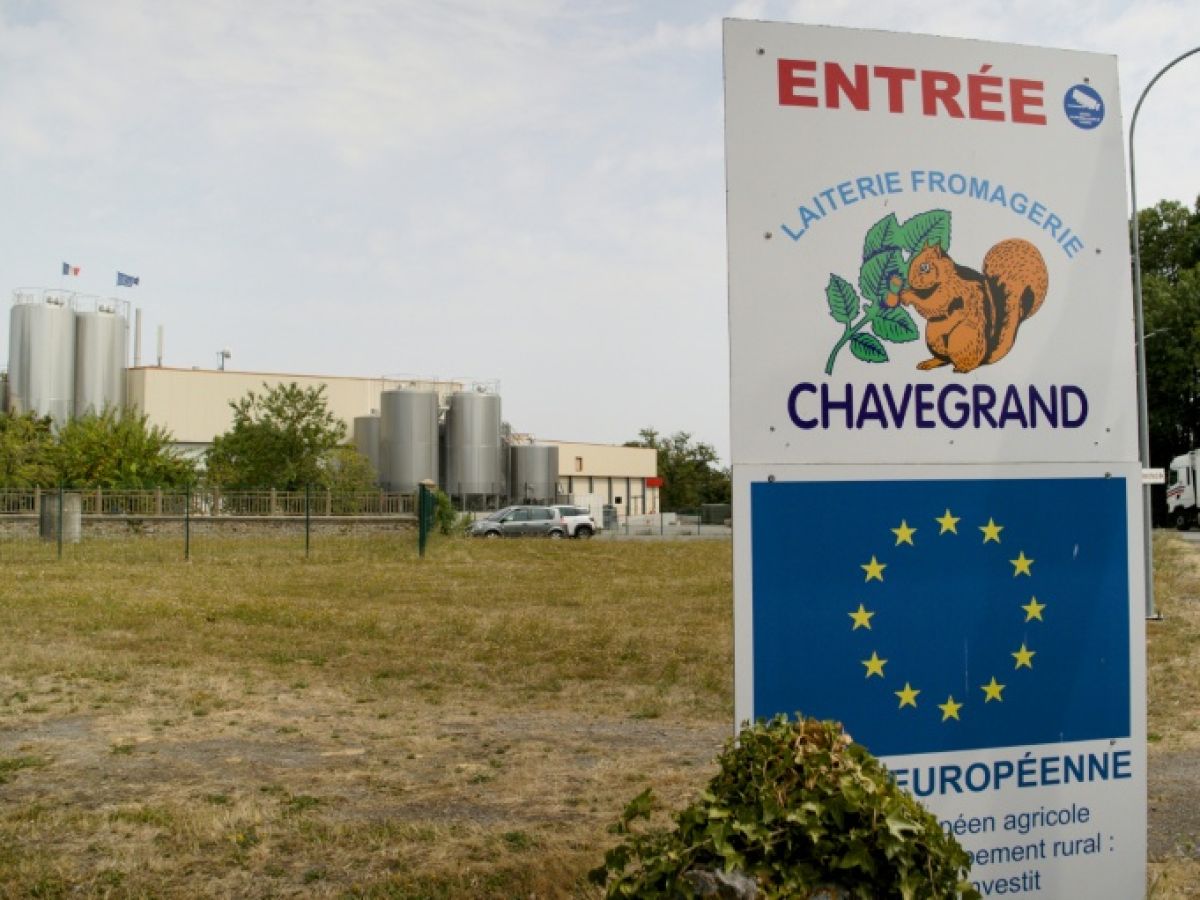New insight into listeriosis, which hit the headlines this summer: the Listeria bacteria had been "identified" as early as 2024 at the Chavegrand cheese factory in Creuse, the year before the two deaths in this case of around twenty contaminations.
This information was provided by the Paris prosecutor's office, which, in another new element of the case, is resuming the investigation, as first reported by the newspaper La Montagne.
"On August 29, 22 victims (from all over France) were reported, two of whom died (they were born in 1937 and 1947)," the Paris prosecutor's office explained.
Health authorities identified these cases of listeriosis in August and mentioned a "possible link" with the consumption of cheeses made from pasteurized milk from the Chavegrand cheese factory.
The analysis reports then provided by the cheese factory to the Departmental Directorate for Employment, Labor, Solidarity and Population Protection (DDETSPP) "did not report any prior detection of Listeria."
The DDETSPP, however, requested additional documents, which revealed that “Listeria had been identified during several surface samples taken in 2024”.
– “Normal and acceptable” –
Guillaume Albert, Chavegrand's communications officer, told AFP that there were detections in 2024 "in places where it is normal and acceptable to find contaminants," but "there was no detection in the manufacturing area itself, which is supposed to be a protected area."
"According to our interpretation of the regulations at that time, we were not required to report to our authorities, in this case the DDETSPP, the detection of contaminants in these areas," he explains.

The public health division of the Paris prosecutor's office took over the case on August 20, taking over from the Guéret prosecutor's office (Creuse). An investigation was opened, notably for "involuntary manslaughter, involuntary injuries with incapacity for work of more than or less than three months" and "endangering death or disability, through a manifest violation of a duty of safety or prudence."
There is also talk of "deception leading to a danger to health", "placing on the market a product of animal origin harmful to health", "obstructing the functions of agents responsible for food safety" and "failure to inform the prefect of the health risk presented by a foodstuff revealed by self-monitoring".
– “To be accountable” –
In a press release, the Foodwatch association denounced "the lack of transparency towards consumers regarding the marketing of products that expose them to danger, too often through recalls carried out on the sly and when it is too late." "We will have to be held accountable," the association said.
The Paris prosecutor's office points out that the alert was raised by the Carrefour chain "during routine samples taken on May 30 from a cheese manufactured on April 19 by the Chavegrand company, which tested positive for Listeria monocytogenes on June 9."
The investigation is now entrusted to the General Directorate of the National Gendarmerie (DGGN), the Central Office for Combating Attacks on the Environment and Public Health (OCLAESP), the National Brigade for Veterinary and Phytosanitary Investigations (BNVEP) and the DDETSPP. However, the Fraud Control and Prevention Department (DGCCRF) will not be participating in this investigation, contrary to what the public prosecutor's office mistakenly stated, "since, since January 1, 2024, food safety has been a responsibility of the General Directorate for Food (DGAL), attached to the Ministry of Agriculture."
All batches produced before June 23, 2025, were recalled, and massive recalls were initiated as a precaution in August.


